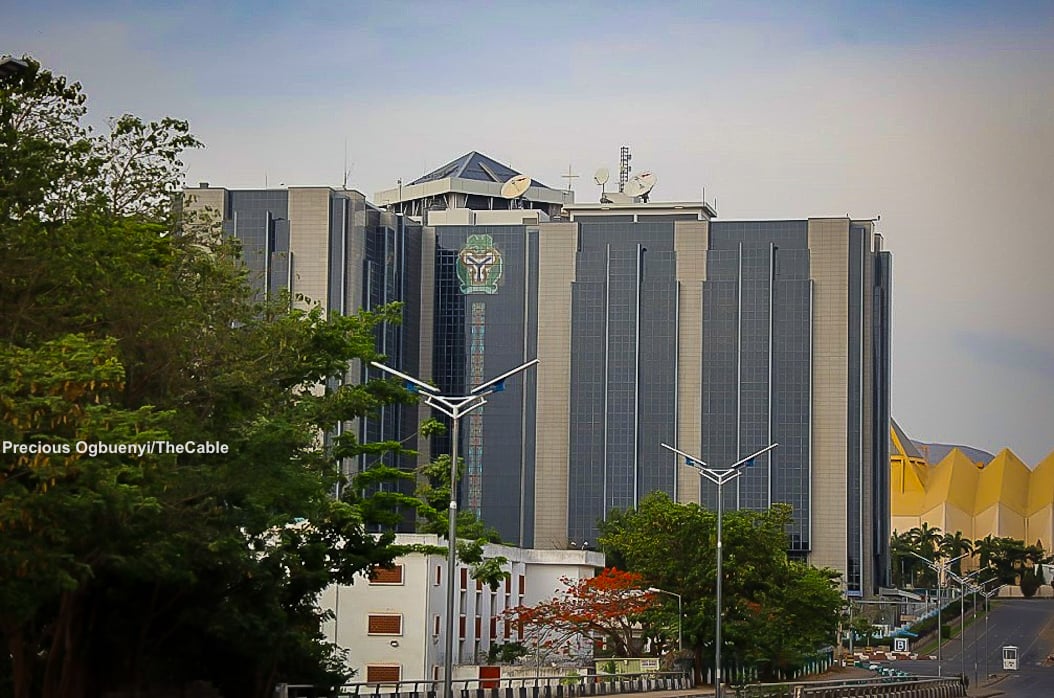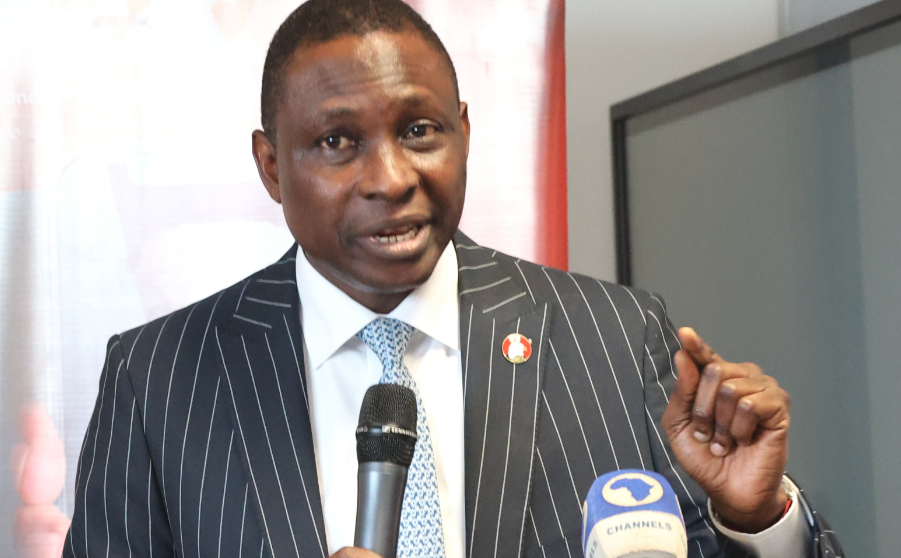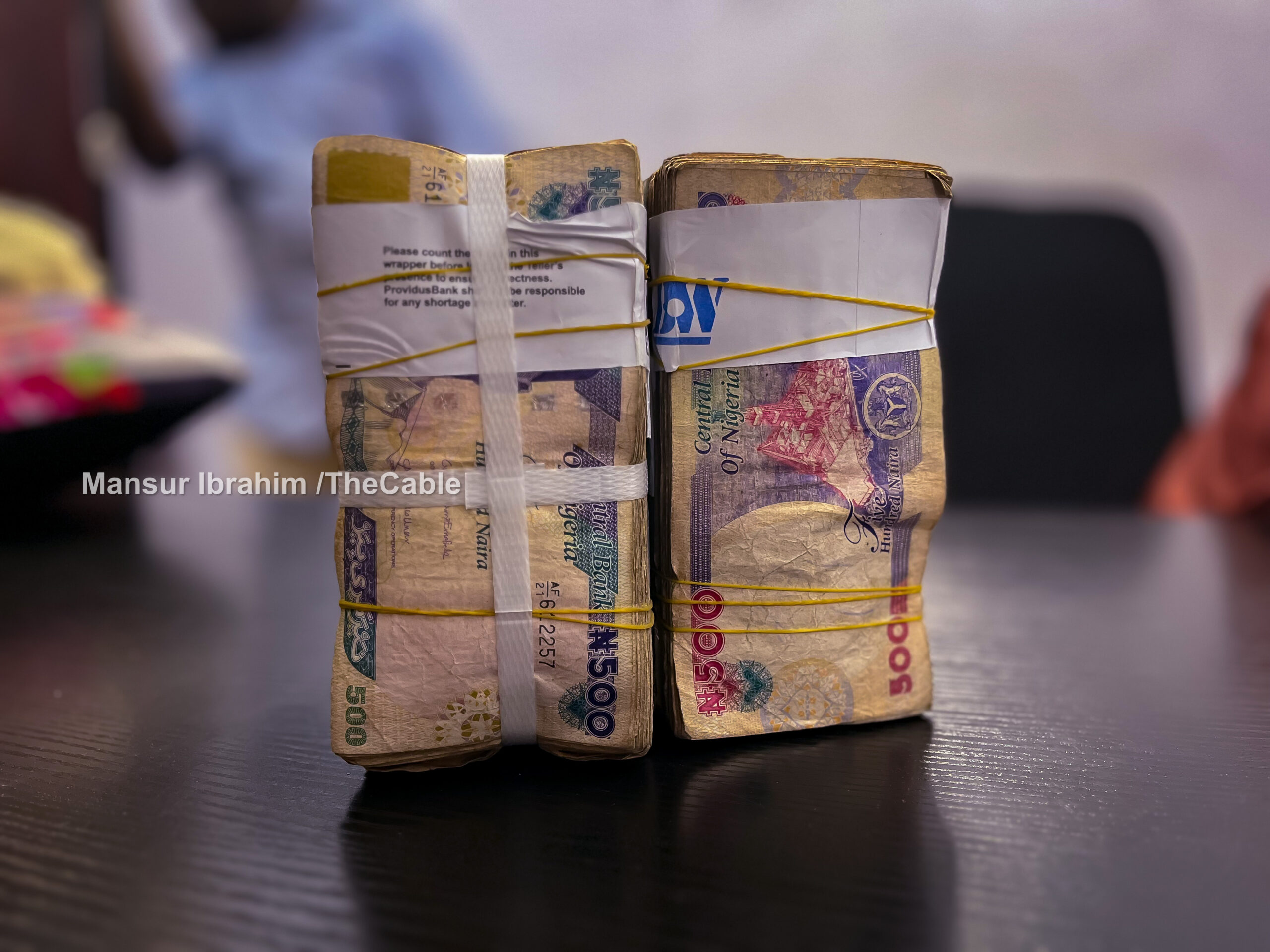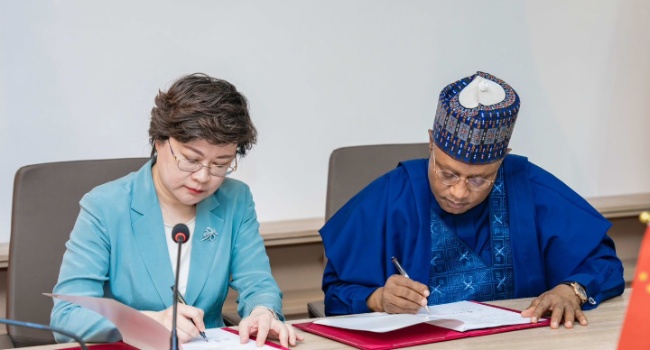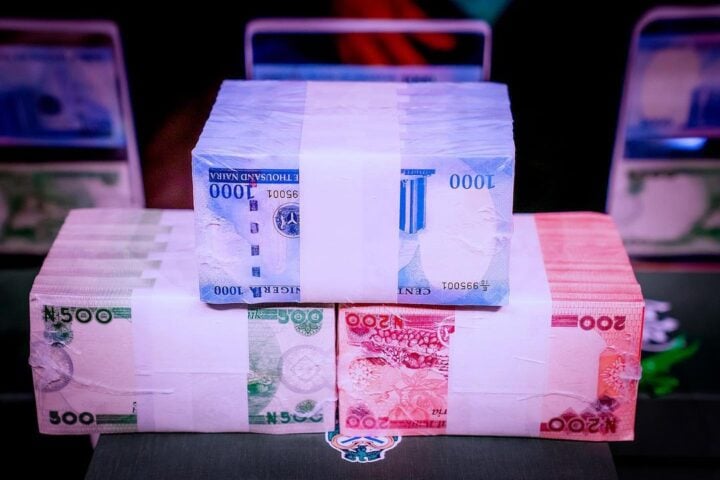The Centre for the Promotion of Private Enterprise (CPPE) has advised the Central Bank of Nigeria (CBN) not to raise the interest rates.
On May 20 and May 21, the CBN will hold its 295th monetary policy committee (MPC) meeting to discuss the impact of its monetary tools — such as the monetary policy rate (MPR), which is the benchmark for interest rates offered by banks — on inflation rate movement.
The MPC raised interest rates from 22.75 percent to 24.75 percent on March 26.
The apex bank has raised interest rates 10 consecutive times since May 2022 — a move that has increased the cost of borrowing — to tame inflation.
Advertisement
Muda Yusuf, CPPE’s director-general (DG), advised the MPC to pause its tightening measures because of the increase in the April inflation rate.
Nigeria’s inflation rate rose to 33.69 percent last month according to the consumer index report of the National Bureau of Statistics (NBS) released on May 15.
Also, NBS said food inflation rose to 40.53 percent in April, compared to the 24.61 percent reported in the same month last year — indicating an increase of 15.92 percent points.
Advertisement
Yusuf said the advice was pertinent to allow businesses to recover from the shocks of the recent bullish rate hikes, while fiscal policy tools are addressed to tackle supply-side factors in the inflation dynamics.
He said the persistent inflationary pressures in the Nigerian economy remained a major cause for concern because of the implications on purchasing power and operating costs for businesses.
While lauding the decline in the month-on-month headline inflation and food inflation, Yusuf said key inflation drivers were yet to significantly moderate.
“These include the naira exchange rate, transportation costs, logistics challenges, insecurity in farming communities and structural bottlenecks to production,” Yusuf said.
Advertisement
“These are largely supply side issues which are being addressed by the fiscal authorities.”
’PEG IMPORT DUTIES FX RATE AT N800, N1000/$’
Yusuf urged the Nigeria Customs Service (NCS) to set a quarterly exchange rate between N800/$ and N1000/$ for import duties assessment, saying that the continuous fluctuation has a pass-through effect on inflation.
“Meanwhile the exchange rate benchmark for the computation of import duty continues to be a major concern to businesses as it has become a major inflation driver,” he said.
Advertisement
“We again urge the Central Bank of Nigeria (CBN) to peg the rate at between N800 and N1,000 per dollar to be reviewed quarterly.”
Yusuf said this is necessary to reduce the pass-through effect of heightening trade costs on inflation.
Advertisement
On May 3, customs adjusted the foreign exchange (FX) rate for import duties to N1,441.58 per dollar, representing a 4.94 percent increase compared to the N1,373.64/$ adopted on May 1.
Advertisement
Add a comment
